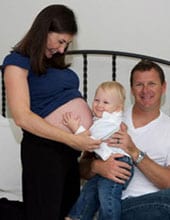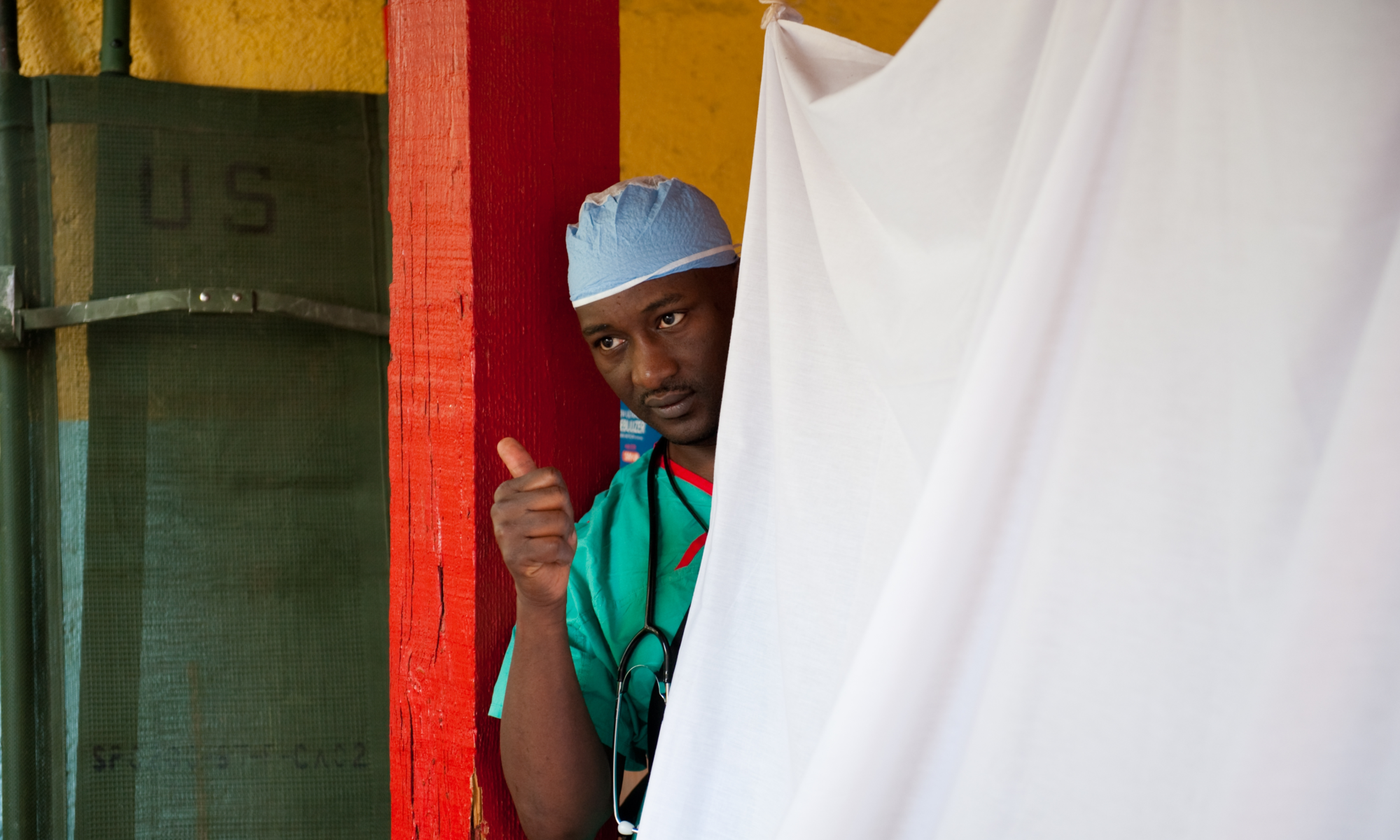Protect Babies from Whooping Cough (Pertussis)
Whooping cough is very contagious and most severe for babies. People with whooping cough usually spread the disease by coughing or sneezing while in close contact with others, who then breathe in the bacteria that cause the disease. Many babies who get whooping cough are infected by parents, older siblings, or other caregivers who might not even know they have the disease.
 About half of babies younger than 1 year of age who get the disease need treatment in the hospital. About 1 in 4 hospitalized babies with whooping cough get pneumonia (lung infection), and about 2 in 3 babies will have trouble breathing. Whooping cough can be deadly for 1 or 2 in 100 babies who are hospitalized.
About half of babies younger than 1 year of age who get the disease need treatment in the hospital. About 1 in 4 hospitalized babies with whooping cough get pneumonia (lung infection), and about 2 in 3 babies will have trouble breathing. Whooping cough can be deadly for 1 or 2 in 100 babies who are hospitalized.
Because the disease can make babies so sick, and they can catch it from anyone around them, they need protection. These are the three important ways you can help protect them with vaccines:
- If you are pregnant, get vaccinated in your third trimester.
- Surround your baby with vaccinated family members and caregivers.
- Make sure your baby gets his all doses of his whooping cough vaccine according to CDC’s recommended schedule.
Pregnant Women Need Whooping Cough Vaccine
Talk with your doctor about getting the whooping cough shot called Tdap, to protect yourself and your baby. CDC recommends you get your Tdap vaccine between the 27th and 36th week of each pregnancy. After you get the shot, your body will create protective antibodies (proteins produced by the body to fight off diseases) and pass some of them to your baby before birth. These antibodies provide your baby some short-term protection against whooping cough in early life. These antibodies can also protect your baby from some of the more serious complications that come along with whooping cough, such as pneumonia (lung infection) and encephalopathy (disease of the brain). In addition to whooping cough, Tdap vaccine combines protection against tetanus and diphtheria.
Everyone Around Your Baby Needs a Whooping Cough Vaccine
Anyone who comes in close contact with your baby, from older siblings and cousins to grandparents and caregivers, should be up-to-date with whooping cough vaccination. Only one dose of Tdap is recommended for most people 11 years and older. Currently, the only group that CDC recommends get more than one dose of this vaccine is pregnant women (each time they are pregnant).
 Check out CDC’s whooping cough infographic.
Check out CDC’s whooping cough infographic.The ideal time to get Tdap is at 11 or 12 years of age. Teens who didn’t get Tdap as a preteen should get one dose next time they visit their doctor. CDC recommends that all adults 19 years of age and older who didn’t get Tdap as a preteen or teen should get one dose of Tdap.
You can get Tdap no matter when you got your last tetanus shot (Td). Getting vaccinated with Tdap at least two weeks before coming into close contact with a baby is especially important for families with and caregivers of newborns. These two weeks are important because they give your body enough time to build up immunity (antibodies) against whooping cough.
Keep Your Baby’s Whooping Cough Vaccine Current
Getting the whooping cough vaccine during pregnancy provides your baby some short-term protection, but he needs his own vaccine to protect him as he grows up. In the United States, the recommended whooping cough vaccine for children is called DTaP. This is a safe and effective vaccine that protects children against three diseases: diphtheria, tetanus, and whooping cough. For best protection against whooping cough, children need five doses of DTaP—one dose at each of the following ages:
- 2 months
- 4 months
- 6 months
- 15 through 18 months
- 4 through 6 years
Know the Signs of Whooping Cough
Whooping cough disease starts like the common cold, with a runny nose or congestion, sneezing, and maybe a mild cough or fever. But after 1–2 weeks, severe coughing can begin.
Unlike the common cold, whooping cough can become a series of coughing fits that continues for weeks. Whooping cough can cause violent and rapid coughing, over and over, until the air is gone from the lungs and you are forced to inhale with a loud “whooping” sound. In babies, the cough can be minimal or not even there. They may instead have life-threatening pauses in breathing (apnea).
Whooping cough vaccines are very effective for protecting babies, but not 100% effective. Vaccine protection for whooping cough also decreases over time. If whooping cough is circulating in the community, there is still a chance that a fully vaccinated person can catch this very contagious disease. If you get the vaccine and still get whooping cough, you will have fewer coughing fits, shorter illness, and be less likely to suffer from disease complications.
When you or your child develops a cold that includes a prolonged or severe cough, it may be whooping cough. The best way to know is to contact your doctor.
Dr. Diagne recommends the flu and the whooping cough vaccine if you are pregnant.
Like us on facebook at https://www.facebook.com/EdinburgObGyn

 Whooping cough is very contagious and can cause serious illness―especially in babies too young to be fully vaccinated. Protect babies from whooping cough by getting your vaccine and making sure your baby gets his vaccines.
Whooping cough is very contagious and can cause serious illness―especially in babies too young to be fully vaccinated. Protect babies from whooping cough by getting your vaccine and making sure your baby gets his vaccines.